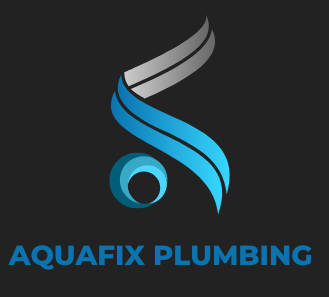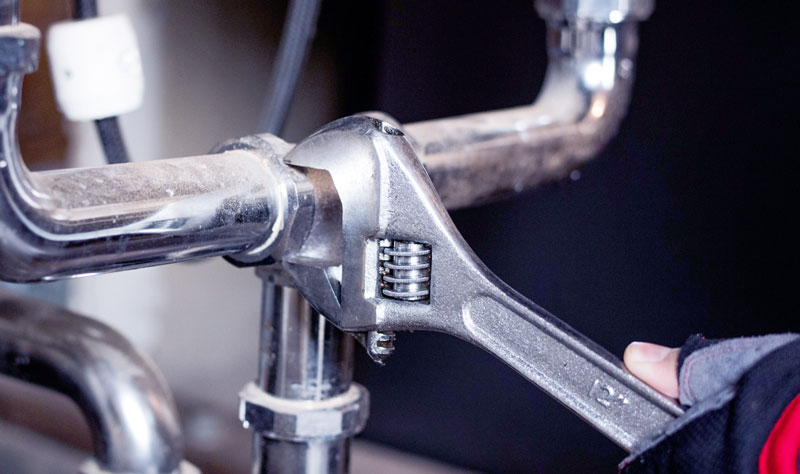Leaky pipes can lead to water wastage and costly repairs. Let’s delve into the causes and solutions of this common plumbing issue. Understanding the root of the problem is key to preventing further damage.
Common Culprits Behind Leaky Pipes
Leaking Pipes in Durban? Get in touch with us
- Corrosion: The combination of moisture and minerals in our water can corrode pipes after some time particularly older galvanized steel ones. Rust weakens the pipe walls, making them prone to leaks.
- High Water Pressure: While good water pressure is desirable, excessive pressure puts stress on pipes and joints, leading to leaks. Durban’s hilly terrain can sometimes exacerbate this issue.
- Clogged Drains: When drains get clogged with hair, soap scum, or debris, water backs up and puts pressure on the pipes, potentially causing leaks.
- Tree Root Infiltration: Durban’s lush vegetation is beautiful, but tree roots can be invasive. They seek out water sources, and if they find a crack or joint in a pipe, they can grow into it, causing leaks and blockages.
- Joint Leaks: The connections between pipes are vulnerable points. Over time, seals can deteriorate, and joints can loosen, leading to leaks.
- Rapid Temperature Changes: Durban experiences significant temperature fluctuations between day and night, especially in winter. This can cause pipes to expand and contract, stressing the joints and potentially causing leaks.
- Old or Damaged Pipes: As pipes age, they become more susceptible to leaks. Wear and tear, along with the corrosive effects of water and soil, can take their toll.
- Improper Installation: If pipes aren’t installed properly , with correct slopes and supports, they’re more likely to leak. It’s essential to hire qualified plumbers for any installations or repairs.
- Freezing and Thawing: While rare in Durban, freezing temperatures can occur in some areas during winter. If water freezes inside a pipe, it expands, potentially causing the pipe to burst.
- High Mineral Content in Water: Durban’s water has a relatively high mineral content, which can contribute to the build-up of scale inside pipes. This can restrict water flow and increase pressure, leading to leaks.
Signs of leaky pipes
Earley detection is key – Keep an eye out for
- Unexplained Increase in Water Bills: A sudden spike in your water bill could indicate a leak, even if you haven’t noticed any visible signs.
- Damp Spots or Mold: Check for dampness on walls, ceilings, or floors, especially in areas near plumbing fixtures. Mold growth is another red flag.
- Discolored or Bubbling Paint: Water damage can cause paint to discolor or peel. Bubbling paint is a sign of moisture trapped behind the surface.
- Dripping Sounds: Listen for the sound of dripping water, even if you can’t see the source.
- Low Water Pressure: A leak can cause a drop in water pressure, especially if it’s a significant one.
- Cracks in Foundation: In severe cases, leaks can undermine the foundation of your home, leading to cracks.
Prevention and Maintenance
Its good to take this proactive steps
- Regular Inspections: Have a qualified plumber inspect your plumbing system at least once a year, especially if you have an older home.
- Water Pressure Regulation: Install a pressure-reducing valve if your water pressure exceeds 80 psi.
- Drain Maintenance: Keep drains clear by avoiding pouring grease or hair down them. Use drain screens and periodically clean them.
- Tree Root Management: Be mindful of planting trees near sewer lines. Consider installing root barriers or using chemical treatments to prevent root intrusion.
- Insulation: Insulate exposed pipes, especially those in unheated areas like attics or crawl spaces, to protect them from temperature fluctuations.
- Prompt Repairs: Address any leaks or plumbing issues as soon as you notice them to prevent further damage.
Repairing Leaking Pipes
If you do discover a leak, it’s important to act quickly. While some minor repairs can be done DIY, it’s often best to call a professional plumbers on 072 641 3447 , especially if the leak is significant or you’re not sure what has caused it.They have the expertise and tools to diagnose the problem accurately and make the necessary repairs to prevent future leaks.
Secure Your Property, Contact Us Today.
Water damage can be costly and disruptive. Our team of plumbers in Durban specializes in swift and effective leak detection and repair. We prioritize minimizing disruption to your home or business, offering lasting solutions to protect your property.
1. How do I find a hidden leak in my Durban home?
Hidden leaks can be tricky. Here's how to spot them:
- Check your water bill: A sudden spike in your water bill could indicate a leak, even if you haven't noticed any visible signs.
- Listen for dripping sounds: Pay attention to any unusual dripping or hissing sounds coming from your walls or floors.
- Look for damp spots: Keep an eye out for things like damp patches on walls, ceilings, or floors, which could signal a hidden leak.
- Monitor your water meter: Turn off all water sources in your home and check your water meter. If it's still running, you likely have a leak.
2. Can I fix a leaky pipe myself in Durban?
Some minor leaks might be DIY-friendly, but it's often best to call our professional plumbers in Durban. We have the expertise and tools to diagnose and repair leaks properly, preventing further damage to your home.
3. Can leaky pipes cause structural damage to my Durban home?
Yes, leaky pipes can cause significant structural damage to your home. Over time, water leaks can weaken the foundation, walls, and ceilings, leading to cracks, sagging, and even collapse in severe cases. Addressing leaks promptly is crucial to prevent costly repairs and protect the integrity of your home.
4. How do I find out what pipe is leaking?
- Turn off all water sources and check water meter
- Check for visible signs of leaks indoors and outdoors
- Isolate the leak if possible and listen for unusual sounds or mold/mildew growth
- Consider professional help if necessary
- Address slab leaks promptly to avoid structural damage
- Ensure power is turned off when dealing with electrical appliances or plumbing fixtures5. What to do if a pipe is leaking?
Turn off the water supply to prevent further damage. If possible, try to contain the leak with a bucket or towel. Contact a professional plumber for an assessment and repair.


Recent Comments